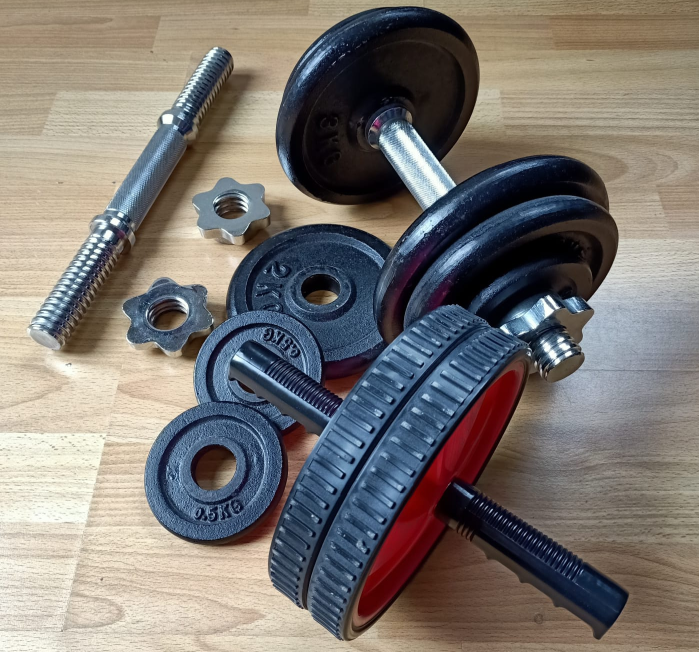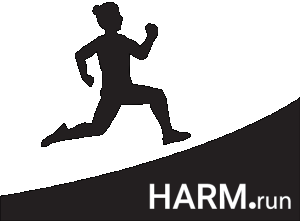
We’re in the last 1-2 weeks leading up to the next event, so race prep has started. This involves daily stability and core exercises, but also reflecting on insights from previous races. So I read the after action reports I wrote after some of last year’s events to review the lessons. Here’s a reflection on two shorter races and then some personal specifics for next week’s 12-hour race.
May last year I ran a local 10k as part of a series of four, all on summer nights (Zomeravondcup Utrecht). I arrived just in time to change into running gear and warm-up on my way to the starting area. I joined the waiting participants right at the back of the pack. I moved forward a little until I got stuck with about 100 runners standing in front of me… I calculated I had to pass about 60 of them after the gun went off in order to join and finish with the 37-minute group. Now that was bad news. Initially you lose time as it’s too crowded to pass anyone. Next you run extra meters to circumvent people. In the meantime everyone already runs at fanatically high starting paces which you have to outmanoeuvre… When I finally found my group too much energy had been wasted and I couldn’t keep up with the pace anymore. I got dropped after 6k. The numbers confirmed the mistake: my average target pace was 3:42 min/km but my first km was a problematically unsustainable 3:27. Let’s learn from this stupid mistake that transcends racing alone: make sure you’re not lagging behind from the start of a new undertaking, or you’ll pay the price later on.
In another 10k I witnessed two approaches people used to chase an ambitious race goal. I was impressed by the strong pace at which a number of people started the race, and decided I had a lot to learn in order to reach that level. I stuck to my personal target pace. It turned out a lot of runners had started at a pace they could hold for about 15 minutes, because that was when my group started passing them again. Then from about 7k the first runners started their end sprints. A handful held that pace and I was truly inspired. I just don’t have that punch myself. But most proved to have started their surges too early and got passed again by our boring but consistent pace. The lesson that slow and steady wins the race applies but is too cheap. After all, in a race or any other goal-oriented activity you rarely want to settle for slow, but instead combine that consistency with the right amount of pressure that doesn’t leave too much potential on the table. So one layer deeper the lesson is to know what amount of pressure suits you. Hit that sweet spot of pressure that challenges you enough to surpass your previous self, while it still matches your personal capacity. Train, reflect, practice. Get to know yourself and apply that knowledge to set the bar.
—
Next week’s race is run in laps of about 2k. This removes a number of variables and gives you a bit more control, making it easy to experiment with implementing earlier insights. I picked a few specifics to apply to the upcoming 12-hour race. Such specifics are personal, the following is mainly a note to self and just to share some nerdy details for those interested:

– Nutrition, after some experiments: stick to about 300 kcal/hour. Start with bars, switch to gels when the dry stuff becomes hard to eat. Bring favorite desserts for the last 6 hours (heaven!). Drink only sugary isotonic sports drink (no water! Experienced that isotonics absorb faster, so no uncomfortable stomach overload).
– Taper: overdid this last race. Keep running enough during the last week. Include short, manageable speed work that week to maintain anaerobic fitness.
– Made a point by bringing fruit and healthy stuff for immediately after November’s 6-hour run. Don’t do this again: the body didn’t want it. Just have a truckload of carbs and a shake, save the healthy recovery stuff for back home.
– Caffeine (about the only legal supplement proven to work): coffees in the hours before the race, then gel with 50mg caffeine in the first hour and every few hours to maintain blood levels on feel (half life time is 6 hours, though this article states exercise possibly shortens that).
– Magnesium: I used ChapGPT (artificial intelligence) to estimate how much magnesium you lose in 12 hours. Estimates are up to 1000mg (though range was wide). Enough reason to start bringing 400mg tabs for after 4 and 8 hours. (ChatGPT as a source is of course not reliable so I’ll do further research).
Let’s see how these small insights can be applied next week and in the other events of this year!

Leave a Reply